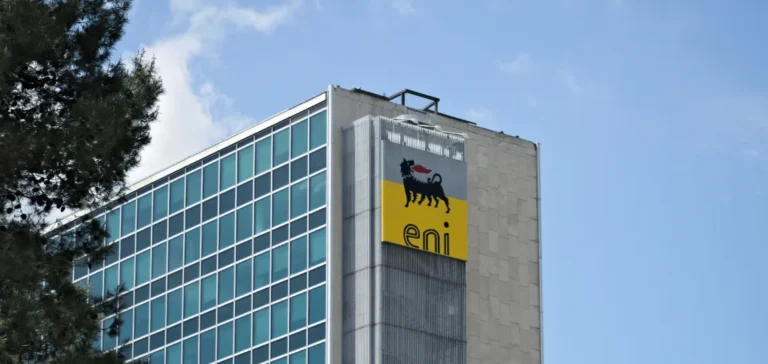Eni has signed an agreement with Global Infrastructure Partners (GIP), a subsidiary of BlackRock specialized in infrastructure, to sell 49.99% of the capital of Eni CCUS Holding. This entity brings together Eni’s main assets in carbon capture, utilization, and storage (CCUS). The transaction aims to structure an independent platform capable of attracting investors while maximizing the value of carbon-related assets.
The agreement, stemming from exclusive negotiations initiated in May, provides for joint control of Eni CCUS Holding between Eni and GIP, subject to applicable regulatory approvals. No financial details regarding the valuation of the deal have been disclosed. This divestment is part of Eni’s broader strategy to monetize its satellite subsidiaries to support their independent development.
European Carbon Asset Portfolio
Eni CCUS Holding consolidates several strategic projects. In the United Kingdom, it manages the Liverpool Bay and Bacton sites, the former being the central infrastructure of the HyNet industrial cluster. This project already benefits from a defined regulatory framework and a financing plan. In the Netherlands, the L10-CCS project is also part of this portfolio.
The company also holds a preferential right to acquire the 50% stake that Eni currently retains in the Ravenna CCS project in Italy. This option would allow the platform to expand to new assets over time. The backing of already structured projects strengthens the financial appeal of the model to institutional investors.
An Alliance of Industrial Assets and Targeted Capital
This partnership is built on the complementarity between Eni’s industrial capabilities and GIP’s experience in long-term infrastructure financing. Both parties will share future investments intended for the development of Eni CCUS Holding, whose operations target high-emission industrial sectors where carbon capture is a technically proven solution.
The agreement provides the new entity with enhanced capacity to mobilize resources in a context where carbon market mechanisms are gaining structure. GIP’s expertise in midstream infrastructure could help scale up CCUS projects in Europe, in jurisdictions with stable regulatory and economic frameworks.
Financial Structuring and Joint Governance
The integration of Eni CCUS Holding into Eni’s satellite model reflects a desire to create specialized sectoral entities, equipped with independent governance and open to financial partners. This structure enables capital mobilization to accelerate without diluting Eni’s strategic control, while offering a transparent view of performance to financial markets.
At the same time, the development of such a structure aligns with the growing trend of integrating carbon as a tradable asset. GIP’s entry confirms the interest of international financial actors in CCUS projects with strong profitability and growth potential at the European level.






















